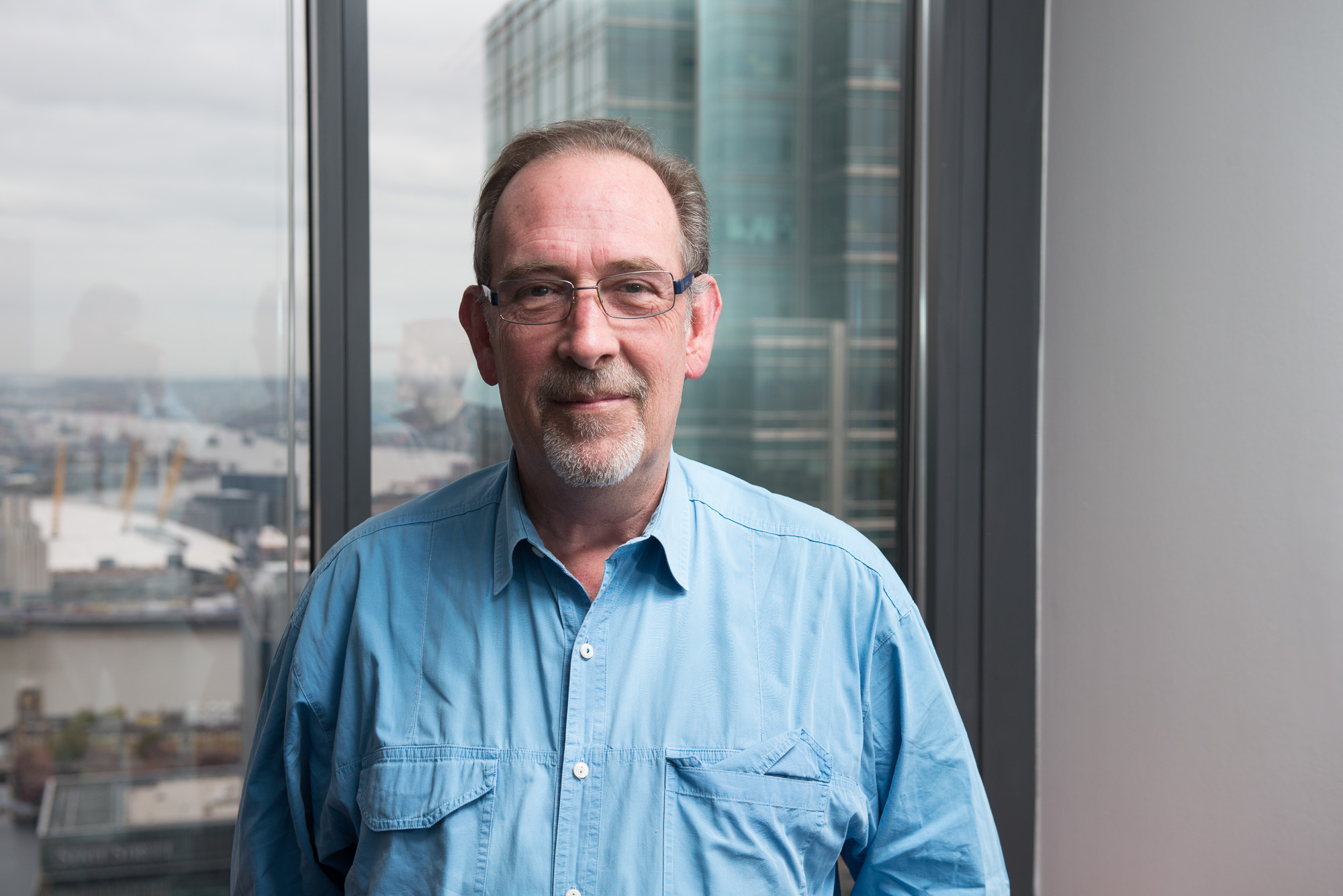Blockchain: protecting goods from counterfeiting
Credits believes distributed ledger technology (DLT) has a role to play in assisting genuine manufacturers protect their goods from counterfeiting. Focusing on the pharma space, Michael King lists the damning statistics of counterfeit products from a recent OECD report.
Part of Credit's series on Identity and the Blockchain.
Counterfeiting is really fraud on an epic scale. It is estimated to be between 5 - 7% of world trade. A recent Economic Co-Operation And Development (OECD) report conservatively estimates the world market for counterfeit trade in 2007 at $250 - $350 billion, extrapolated to $450-500bn in 2015. If blockchain technology can be used in this space the benefits to companies and consumers is huge.
"The overall degree to which products are being counterfeited and pirated is unknown, and there do not appear to be any methodologies that could be employed to develop an acceptable overall estimate. The clandestine nature of many counterfeiting and piracy activities, the general lack of indicative data and the difficulty in detecting counterfeit and pirated products contribute to the difficulties in this regard. However, general estimates have been derived from data from customs authorities in international trade, which is more abundant.”*
*Executive summary : The Economic Impact of Counterfeiting And Piracy Organisation
There are many industries affected by the counterfeit trade, drugs, phones, beverages, alcohol, groceries, books, clothing, luxury goods to name but a few. In essence, it is any product where a counterfeiter of group can produce a good enough copy to be sold at a profit with little risk. Marketplaces such as EBay try to stop this but many of the “bargains” are in reality fakes.
The challenge is that you will never stop people buying counterfeit goods willingly as they are complicit but you may be able to stop people being cheated when they think they are buying the real thing.
Credits believes that distributed ledger technology has a role to play in assisting genuine manufacturers protect their goods from counterfeiting. This is becoming critical in the Pharma space as highlighted by the Health Research Funding Organisation who have published some damning statistics:
- An estimated 10%–30% of medicines sold in developing countries are counterfeit.
- The percentage of counterfeit drugs that are sold in the industrialised nations: 1%
- The value of the counterfeit drug market annually: $200 billion.
- A crackdown against counterfeit drugs coordinated by Interpol in May 11-21, 2014 led to 8.4 million doses of counterfeit drugs being confiscated.
- 237 people were arrested worldwide and 10,603 websites that were selling counterfeit medicines were shut down in 2014.
- An estimated 80% of the counterfeit drugs that are consumed in the United States come from overseas.
- Internet sales of counterfeit drugs account for $75 billion of the total market.
- Most of the counterfeit drugs that are made have been manufactured in either India or China.
- The WHO also estimates that between 1% and 10% of drugs sold around the world are counterfeits, but it may be as high as 50% in some countries.
- About 60 different Pfizer medicines and products were being counterfeited around the world as of 2014.
- One of the leading counterfeited items is actually ChapStick.
- The prescription drug market is vast and lucrative – up to $900 billion worldwide annually.Pfizer’s own investigative work into counterfeit drugs leads to about 50 or 60 convictions each year.
- About 85% of the world pharmaceutical market is in developed world.
- WHO estimates that 16% of counterfeit drugs contain the wrong ingredients, while 17% contain the wrong levels of necessarily ingredients.
- More than 30% of the counterfeit drugs that are available today don’t contain any active ingredients whatsoever.
- Eli Lilly has invested $110 million into stamping unique codes and serial numbers on every drug package that it sells around the world so they can be effectively tracked.
- In late 2013, Chinese authorities reported detaining 1,300 suspected counterfeiters and confiscating $362 million worth of fake drugs and raw materials.
- A recent survey of seven African countries by WHO found that between 20% and 90% of all anti-malarial failed quality testing.
- European statistics show in particular a strong increase of drug counterfeit seizures at the European customs, with a total of 2.7 million of drugs seized in 2006, representing a growth of 384% compared to 2005.
Michael King has more than thirty years experience in the international finance arena across multiple disciplines and is a partner in various consultancy and software companies. He has a proven track record in devising and executing business strategy combineong leadership and motivational skills.
Michael King’s expertise extends to virtually all financial services, payment services and systems, electronic marketplaces, e-commerce and market infrastructures. Before joining Pythia, Michael worked at SWIFT in multiple leadership capacities in Europe, Asia and the US.

